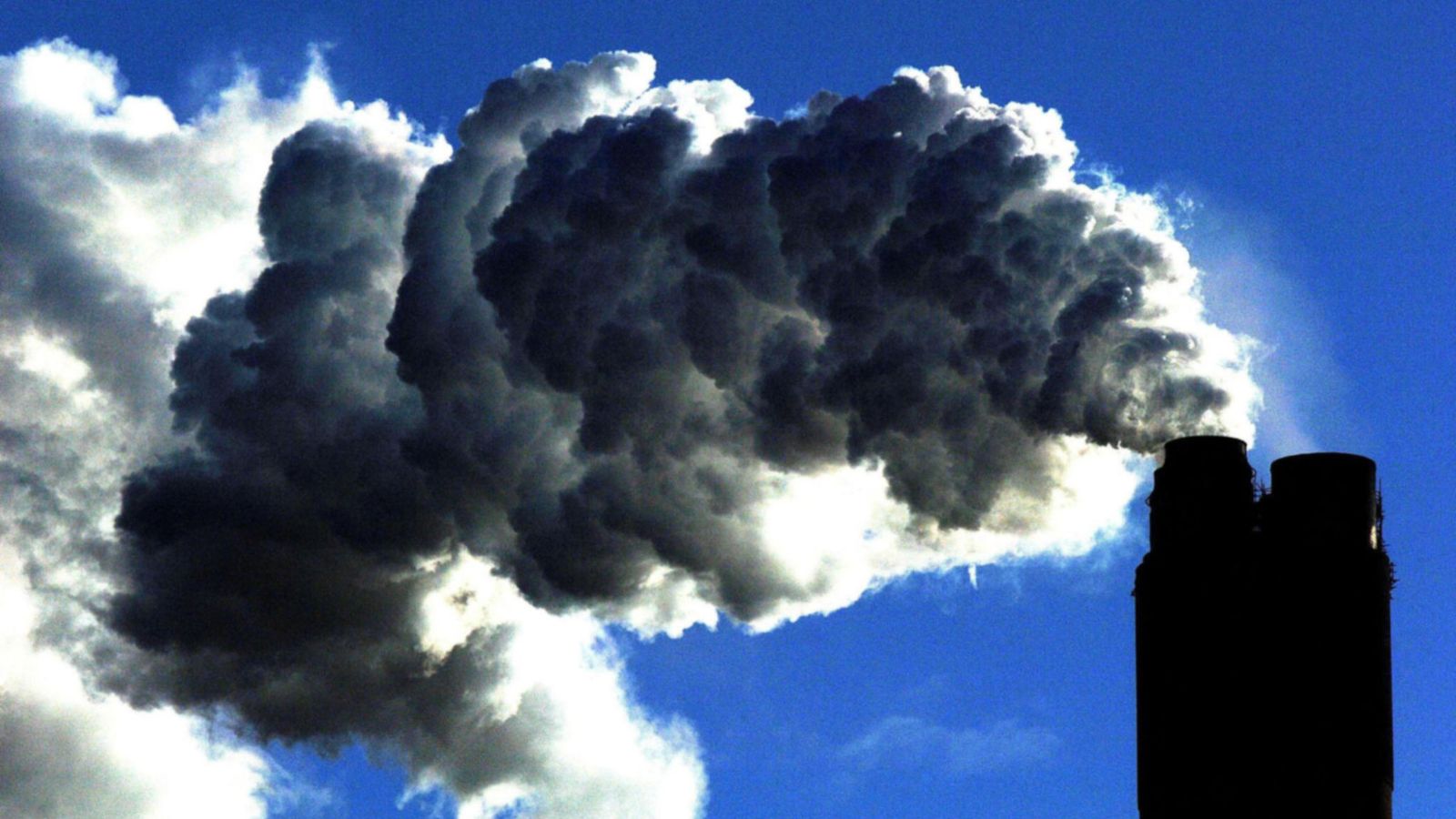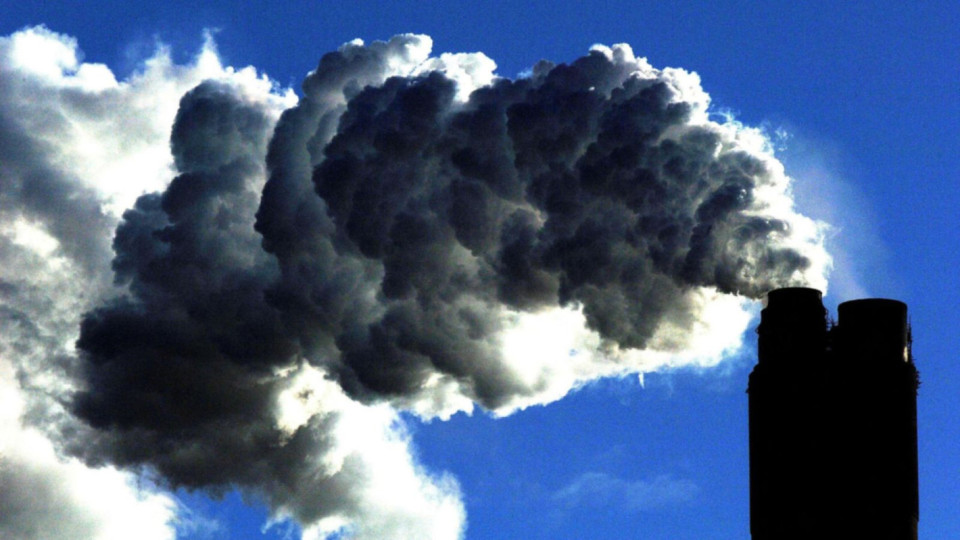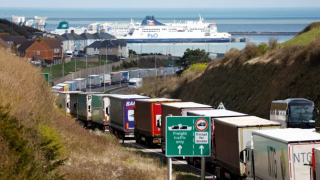
The PM's announcement would see UK emissions after 2050 offset - to make the country a net zero greenhouse gas producer.
The UK will produce net zero greenhouse gas emissions by 2050, Theresa May has pledged.
The outgoing prime minister is to announce a legally binding agreement on Wednesday to put the UK on the path to end its contribution to climate change in just over 30 years.
This would mean any emissions produced by the UK after 2050 would be offset by absorbing an equivalent amount from the atmosphere.
The move, which will amend the Climate Change Act 2008, will improve public health, air quality and biodiversity.
It will mean the UK is set to become the first G7 country to legislate for net zero emissions.
The announcement will also be seen as an attempt by Mrs May to burnish her Downing Street legacy, as she prepares to hand over power to a successor next month.
Other countries are expected to follow. A review will take place within five years to assess whether other countries are taking similar action and that UK industry is not facing unfair competition.
he UK will retain the ability to use international carbon credits, a tradable certificate representing the right to emit one tonne of carbon dioxide or the equivalent of a different greenhouse gas.
Mrs May said: "As the first country to legislate for long-term climate targets, we can be truly proud of our record in tackling climate change. We have made huge progress in growing our economy and the jobs market while slashing emissions.
"Now is the time to go further and faster to safeguard the environment for our children. This country led the world in innovation during the industrial revolution, and now we must lead the world to a cleaner, greener form of growth.
"Standing by is not an option. Reaching net zero by 2050 is an ambitious target, but it is crucial that we achieve it to ensure we protect our planet for future generations."
Mrs May will meet science and engineering students on Wednesday to discuss the target.
A youth steering group, which as the name suggests is made up of young people, will start their review in July to advise the government on priorities for environmental action and give a view on progress.
Business secretary Greg Clark said: "Almost 400,000 people are already employed in the low-carbon sector and its supply chains across the country. Through our modern industrial strategy we're investing in clean growth to ensure we reap the rewards and create two million high quality jobs by 2030."
Chris Skidmore, minister for energy and clean growth, said: "I'm extremely proud of the crucial role the best and brightest scientists in the UK have played in contributing to the overwhelming and irrefutable evidence of the catastrophic impacts of climate change.
"Their work has not only helped us to take this major step to ending our contribution towards global warming entirely by 2050, they are also helping us to find ground-breaking solutions to the problem thanks to £90m of government investment each year in climate research."

Theresa May has announced the UK's long-term climate goal
Labour's Rebecca Long-Bailey said the move was "welcome in theory", but added: "In practice it comes from a Conservative government that is off track to meet existing climate targets, that has no plans for legislation or investment needed to cut emissions, and that has dismantled the UK renewable energy sector while pushing fracking.
"The government is a bit like a marathon runner with the wrong shoes, the wrong diet and no training expecting to break the world record; it looks less like ambition and more like delusion."
In May, the Committee on Climate Change urged ministers to pledge to reduce greenhouse gases to zero by 2050 and stop its contribution to global warming.
The government advisers said a new legal target for eliminating almost all greenhouse gas emissions was needed - and action should be taken to offset the unavoidable pollution by planting trees or using other technology to remove carbon dioxide from the atmosphere.

Climate change recommendations had been put forward by a government committe
The "net zero" target would mean wholesale changes to home heating, transport, and even people's diets.
Chris Stark, the committee's chief executive, told Sky News earlier this year that the transition was essential to prevent catastrophic warming of the planet.
He said: "It doesn't involve big shifts in consumer behaviour, but does involve a big transition for the whole economy, and that's not just about employing new tech, but also about how we live our lives."











Leave a comment